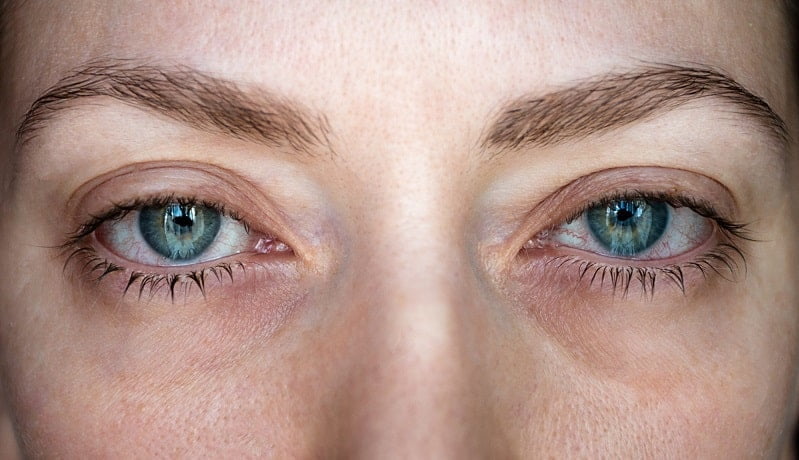Diabetes can affect one of the most significant organs of our body, the eyes. Various complications including those related to our eyes can emerge with a lack of blood sugar management. But how does diabetes affect them? Read on to learn more.
Blindness is one of the severe complications of uncontrolled diabetes. It is common for individuals with diabetes who are 20 years old and above. Diabetes management is necessary to ensure that severe health complications do not occur.
Here are ways that diabetes affects the eyes:
1) Glaucoma
Individuals with diabetes have a high chance of having glaucoma. It is a condition of the eyes that impairs the optic nerves. Signs of this condition include severe headache, pain in the eyes, and eye inflammation. Its treatment options include eye drops and oral medications. Insulin shots are also required for individuals with high blood sugar to prevent this condition from advancing to a more severe stage.
2) Cataract
Individuals with diabetes acquire this condition early compared to those with a normal blood glucose level. Cataract refers to the clouding of the lens of the eyes. This condition makes it difficult for the eyes to see and read clearly. Its symptoms include clouded eyesight and light sensitivity. Treatment includes cataract surgery and eye drops.
3) Blurred Vision
A blurry vision is an early symptom of diabetes. While it is only temporary, it can become complex if diabetes is not treated. Besides blurry vision, other symptoms of diabetes include seizures, loss of consciousness, increased thirst, and unexplained hunger. Treatment involving insulin shots is necessary to maintain normal blood glucose levels.
4) Diabetic Retinopathy
This disease impairs the retina. It results in scarring and blindness. Its symptoms include blurry eyesight, loss of vision, and severe headaches. The treatment options include vitrectomy and photocoagulation.
Takeaway
Insulin injections and oral medications are a must to ensure that diabetes will not cause more complications. If you experience early signs of eye problems, contact your healthcare professional immediately and get a treatment.


